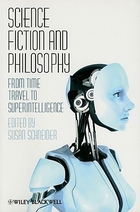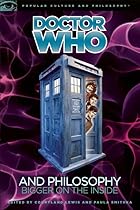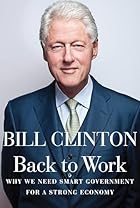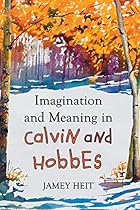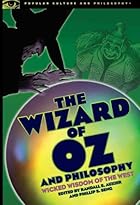This books posits that the superhero story has the same relationship with culture as does mythology. The author breaks the superhero story into unique tropes, then shows how they relate to a variety of superhero stories.
The book has four distinct sections:
In the first section, chapter 1, he defines the different tropes and discusses them in the scope of one or more superhero stories.
In the second section, chapters 2-5, he performs more of an analysis of four series that he considers marginally superhero stories, these are Green Arrow, Buffy the Vampire Slayer, Alphas and Beowolf.
The third section, chapter 6, discusses the core ideas of a superhero story. It is similar to the first chapter in some ways, but approaches the idea from a different direction.
The last section, the appendix, is a list of the relevant tropes. This is inadequate, but is supplemented by a web page with a lot of information on it.
Overall, the book is interesting, he mentions that it is a common topic among some researchers and the boundaries of what constitutes a superhero story are not well defined.
I felt the second section was a bit slow. The book had to provide sufficient details on the storyline for a reader unfamiliar with the story can keep up. A lot of the information on various storylines was provided several times through the book.
He built arguments that stories (myths) correlate to culture. He built on that commenting that the superhero story had supplanted the western in our culture, and would eventually be replaced with something new. I was surprised that he did not discuss the possibility that the marginal superhero stories he did discuss could be part of this new and upcoming story. Theses stories, excluding Beowolf, are newer and have a strong tv influence. This influence was probably intentional by the directors translating a comic to the screen. But this does correspond to a culture change, where the screen is replacing most written forms of communication.
I did find the book interesting. I felt it was too short, it had too little information and too much redundancy to be excellent.




